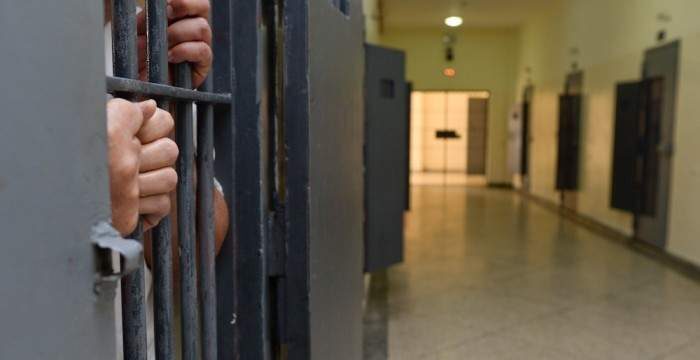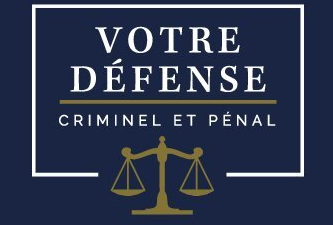
AVOID A CRIMINAL RECORD WITH A DISCHARGE
A person who pleads guilty or is convicted of an offense for which the law does not prescribe a minimum sentence or which is not punishable by imprisonment of fourteen years or life imprisonment may benefit from a discharge.
A discharge is not automatic and the court must determine that it is in the best interests of the accused without harming the public interest before granting a discharge. A discharge can be unconditional or conditional. A person who is granted a discharge is deemed not to have been convicted and therefore has no criminal record.
It is essential to properly present your situation to the court in order to benefit from a discharge and a lawyer is able to advise and represent you. A criminal record is likely to have harmful consequences in several areas of your life.
A criminal record resulting from a criminal conviction makes finding employment much more difficult. Furthermore, a criminal record may constitute an obstacle to staying employed. A person may be dismissed when the offense is related to their work.
A criminal record can also limit an individual’s ability to travel to another country as well as to insure their residence and vehicle. A landlord can also refuse to rent accommodation to a person who has a criminal record and this is not a ground of discrimination recognized by law.
Here are some examples of offenses for which it is possible to obtain a discharge:
- Assault
- Assault with a weapon
- Uttering threats
- Voyeurism
- Publication of an intimate image without consent
- Indecent acts
- Causing disturbance
- Trespassing at night
- Causing bodily harm by criminal negligence
- Criminal harassment
- Assaulting a peace officer
- Sexual assault
- Dangerous operation
- Failure to stop after an accident
- Theft
- Drug possession
